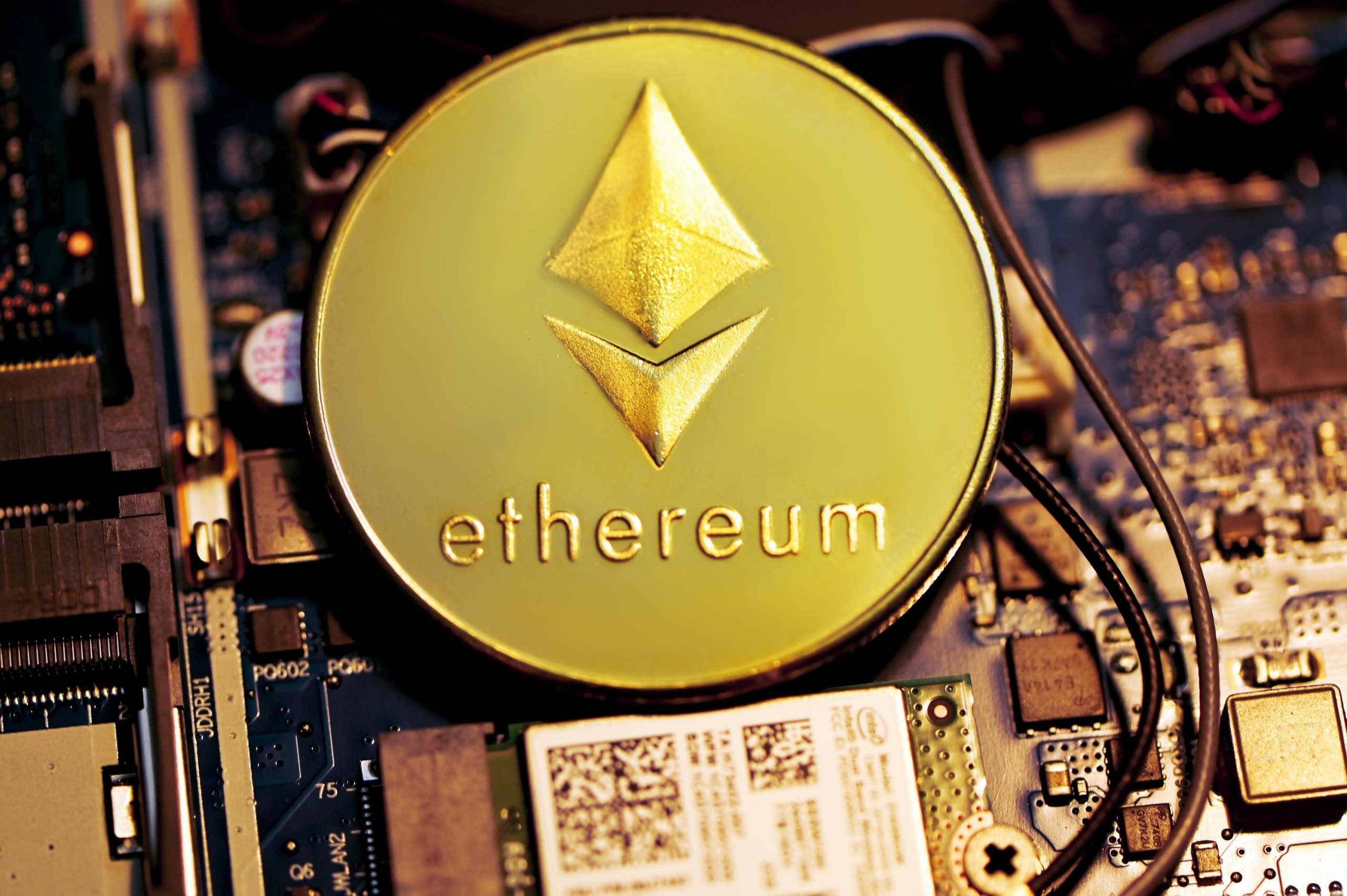AI doesn’t pose an extinction risk. And it has already created brand new jobs in the catastrophizing industry.
The only reason AI industry leaders like Sam Altman and Demis Hassabis jump on that bandwagon is to encourage more government red tape. If you are a powerful incumbent, asking for as many constraints to your industry as possible makes sense. The EU, ever happy to regulate industries originating elsewhere, is delighted to oblige. With compliance departments of thousands, these massive organizations can handle any amount of regulation thrown at them. But a lean startup will get regulated out of business.
The most fascinating part of AI is local, small-scale AI. We currently have massive, centralized AI running in enormous data centers. But since LLaMA escaped from the Facebook lab, tinkerers and hobbyists have already built Large Language Models on their local computers. But, of course, OpenAI, Microsoft, and Google would like small competitors to be regulated away.







